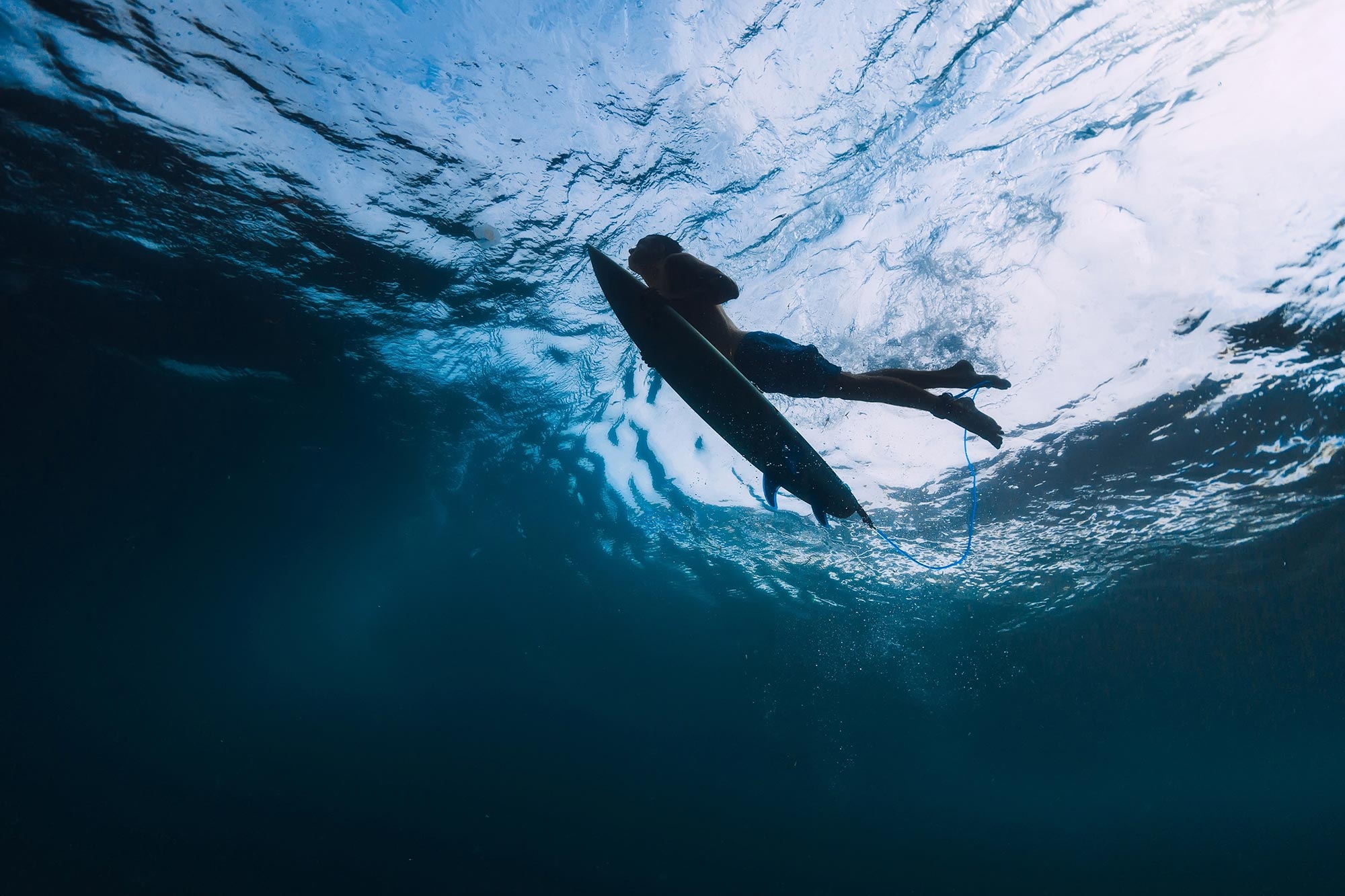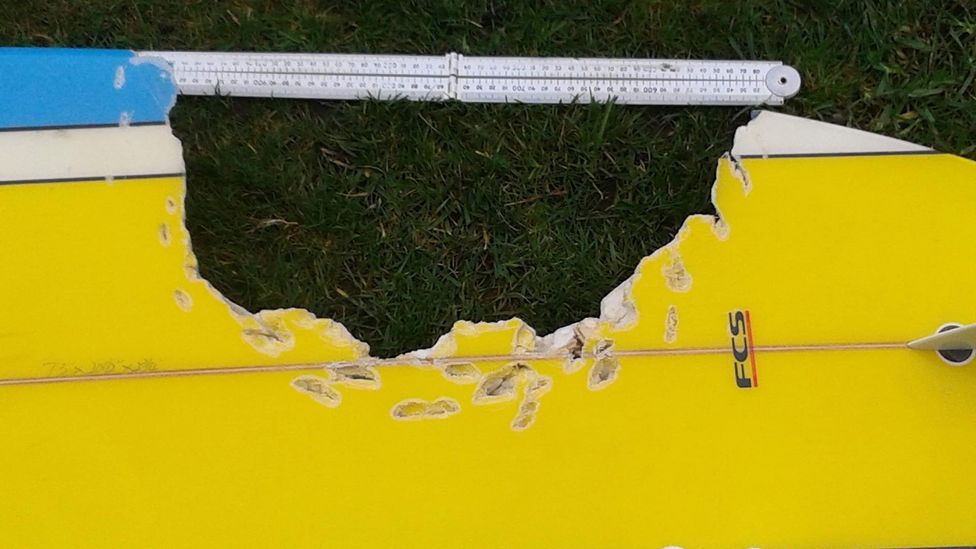Published by wave tribe the reason? On surfers, is that of mistaken identity, whereby sharks mistake humans for their typical prey (pinnipeds in the case of white sharks).

“Shark Vision” Confirms Mistaken Identity May Explain Why Sharks Bite
T she was sitting astride her surfboard, enjoying the warmth of the sun as she and her cousin waited for the next wave in tasmania’s idyllic bay of fires.

Why do sharks attack humans on surfboards. Their work is based on the theory that sharks usually. Web a 2021 study found over a third of sharks, rays and chimeras, a type of fish, are threatened with extinction, and in many parts of the world, sharks are still overfished. Swimmers and surfers are not sharks' favorite meals.
Sharks are designed to hunt, but you should know that humans are not part of their diet. Web i didn't realize being a scientist would involve quite so much coding, admits ryan—but the results were illuminating: Painting eyes on the bottom of a surfboard is a great way to give a shark a fake out and.
Web the concerning and sadly often fatal attacks on surfers and swimmers are attributed to three main culprits and that's white sharks, tiger sharks and bull sharks. Scientists think that most of the shark attacks on humans are due to mistaken identity. Web the concerning and sadly often fatal attacks on surfers and swimmers are attributed to three main culprits and that's white sharks, tiger sharks and bull sharks.
These are speculations, though, and it’s not been 100% proven scientifically. Web according to this theory, bright colors like yellow and orange have a high contrast against the dark blue ocean backdrop, and darker colors like black and blue can actually serve as camouflage. Web researchers confirmed that humans who swim and paddle surfboards bear a strong resemblance to seals and sea lions in the eyes of young white sharks, supporting the mistaken identity theory behind.
In most cases, these types of encounters consist of a single bite, after which the shark flees. Web surfers may downplay their fear of sharks to rationalise their decision to continue to surf, as their desire to surf is greater than their perceived risk of a shark bite. We put ourselves into places where sharks can easily grab onto us.
Both of the victims were bitten in the legs but survived whole enough to escape. Web many surfers, either knowingly or not, share their waves with sharks of various shapes and sizes. They provide the scraps for the organisms to eat and help regulate the ocean population by preying on the weak.
We really don't understand why sharks sometimes bite humans. Web why do sharks attack surfers? Web 16 a team of western australian researchers is trialling ways to make surfers look less like seals to reduce the risk of shark attack.
Web as such, some experts argue that sharks attack us on surfboards because of where we position ourselves relative to the shoreline. Web so, why do sharks attack people? The good news is that humans are not on their diet list.
Sharks, similar to orcas, are ocean predators that play an integral part in the ecosystem. However, like us, they make mistakes, too. As mentioned above, sharks eat seals and that may have something to do with the fact that they sometimes attack surfboards.
Great white shark attacks are rare, and when they do occur, they are sometimes fatal. Web sharks are less likely to attack something bigger than them. One theory for bites occurring at the surface, e.g.
Observations proved that surfers on surfboards resemble the image of a sea lion a sea turtle or a seal when seen from the bottom of. Great whites and other sharks hunt from below. Web the study, published tuesday (oct.
Web even with an 187% increase in the number of people using southern california beaches over the past three years, there has not been an increase in shark bites in the area, according to the csulb. New video footage suggests this may indeed be the case. To a juvenile white shark, when humans swim and paddle surfboards, they.
It’s a very rare event, so that in itself tells you something. Surfers are most likely to be attacked. The ocean predators follow their instincts.
(getty images) sharks are terrifying predators of the ocean, but often, their attacks on humans go uncompleted in that they don't actually eat the humans. Web unfortunately, we understand little about why sharks bite humans. Yellow doesn’t necessarily send a signal to all sharks to attack, but.
Web researchers tag juvenile great white sharks off california beach to find out why they thrive there 04:14. They prefer sea lions, sea turtles, fish, whales, and seals. Thus, a yellow surfboard or wetsuit would make you stand out in the water more.
But, shortboarders need not be discouraged. We really don't understand why sharks sometimes bite humans. 26) in the journal of the royal society interface, is the first to test the theory that sharks attack humans because they mistake people for prey.
Web why do sharks attack surfboards? Web wave tribe last april, the world surf league canceled its surf competition for professional surfers in margret river in western australia. Web among surfers, there’s a commonly held belief that shark attacks are mostly a case of mistaken identity.
Web surfing sharks are at the top of the food chain. That doesn’t mean sharks won’t eat people who are standing near water — they definitely will. Two shark encounters, occurring 24 hours after each other, on surfers.
On rare occasions these interactions can result in bites or close calls. The apex predators take a bite out of swimmers because they resemble seals and sea lions—especially when they’re on a surfboard.
Tidak ada komentar :
Posting Komentar